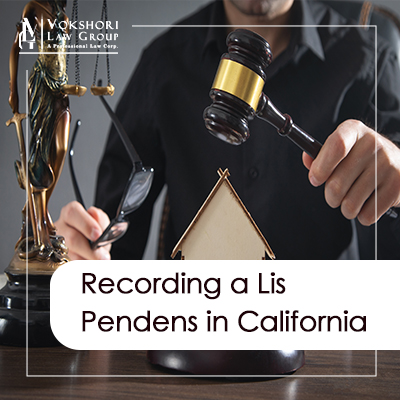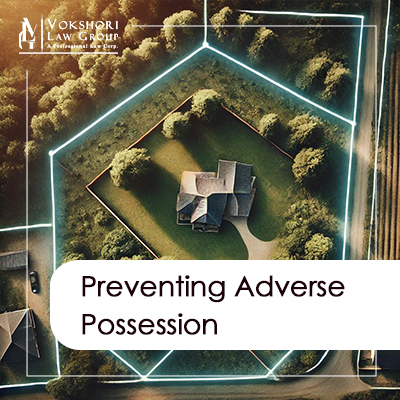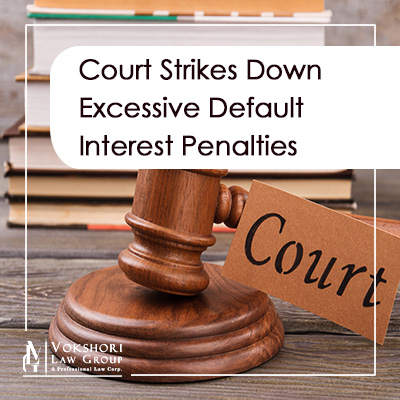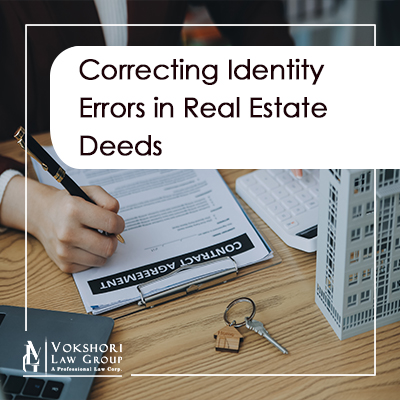
When engaging in legal services, especially if you’re new to the process, it’s essential to understand how billing works to ensure a smooth and transparent experience. At Vokshori Law Group, we utilize an evergreen retainer system paired with hourly billing to provide consistent, uninterrupted legal representation. This guide will help you understand these concepts and how they benefit you as a client.
1. Initial Retainer Deposit
At the beginning of our legal representation, we require an initial retainer deposit. This deposit acts as a trust fund, from which legal fees and costs associated with your case will be drawn. Think of it as a prepaid account that ensures funds are available to cover the work we do on your behalf.
2. Hourly Billing & Detailed Rates
Our attorneys bill …
Posted In:















